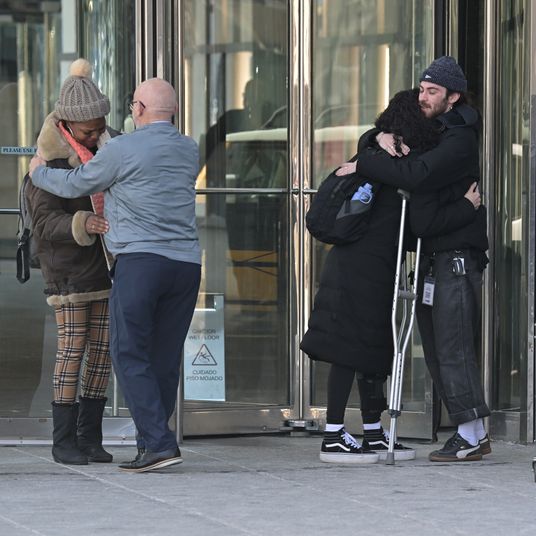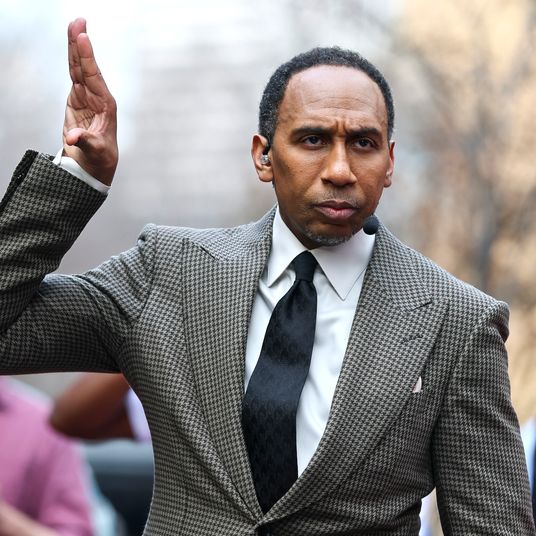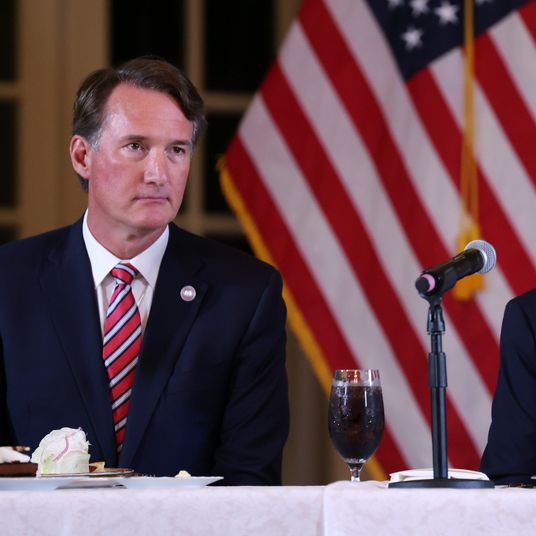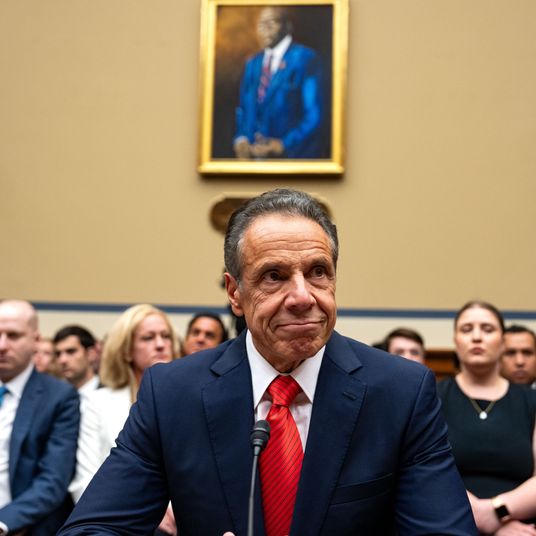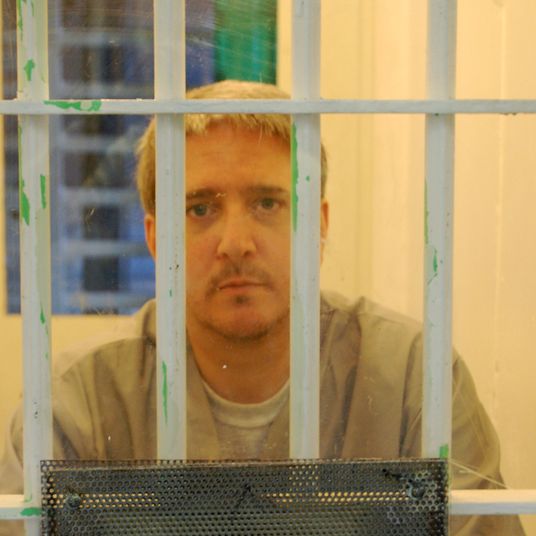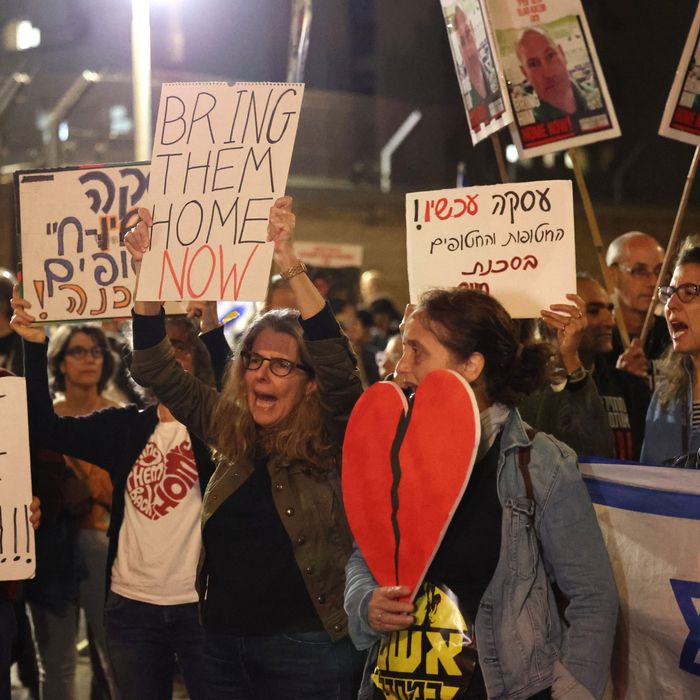
Israel entered 2023 with a blast from the past: Two days before the New Year began, Benjamin Netanyahu, who had served for 15 years as prime minister, returned to power.
This time, he was on trial for corruption and surrounded by radical right-wing extremists who didn’t mind his baggage and saw in him their only path to power.
Together, they sought to transform Israel into an autocratic theocracy poised to annex Palestinian lands and eliminate the legal threat hovering over Netanyahu. Their method of choice was a package of legislation eroding the judiciary’s power to act as a check on him. “More Orbán than Putin or Erdoğan,” in the words of Ehud Barak, a former prime minister and longtime opponent of Netanyahu.
The plan triggered a massive backlash that mobilized large sectors of Israeli society into unprecedented, sustained protests against Netanyahu — leading thousands of reserve officers to declare they would refuse to serve an undemocratic state. Nevertheless, Netanyahu persisted, and ignored stark warnings from his military chiefs that army readiness was being harmed. These admonitions proved prescient at dawn on October 7, when thousands of Hamas terrorists stormed Israel’s border defenses, slaughtered 1,200 people, and took some 240 captives, and shattered both the nation’s sense of security and the reputation of “Mr. Security,” Netanyahu’s favorite moniker.
“It was Israel’s worst year” Barak said, “with the nadir in the last three months. Netanyahu has caused very serious damage to Israel. He is clearly unfit for the job and for the challenge he is facing now. If he stays, it will cause huge, huge damage.”
Barak, Israel’s most decorated soldier, who served as chief of staff of the Israel Defense Forces and as defense minister, said the Hamas attack “didn’t come out of the blue. It happened directly, on his watch. It was the direct result of his deeds and misdeeds.”
Israel’s borders weren’t the only thing to crumble on October 7. Netanyahu’s long-held doctrine of shoring up Hamas at the expense of the Palestinian Authority, in order to prevent the establishment of a unified Palestinian state in the West Bank and Gaza, was imploded as did fundamental truths Israelis believed they knew about their nation. It soon emerged that everyone from army commanders in the field to the highest echelons of government ignored clear and urgent alarms raised about Hamas’s future actions, including detailed plans of attack. Then, once Hamas launched its surprise raid, it took hours for Israeli forces to respond, giving Hamas ample time to freely kill, rape, torture, and kidnap. In the following days, Netanyahu went virtually into hiding and his government ignored the clamor of hostages’ families. Since then, the government’s relentless campaign against Hamas, in which Netanyahu has reiterated promises to “destroy” and “eliminate” the group — while in fact demolishing Gaza and killing an estimated 20,000 Gazans — has drawn furious condemnation across the world, leading an ally as close as President Biden to directly critique him.
“This year before October 7 felt like a key year,” said Ora Peled Nakash, the first woman to graduate from Israel’s naval academy, who became one of the most prominent voices of the massive protest movement against Netanyahu. “There was the sense that we were creating a renewed identity — without sounding kitschy — we had the feeling that parallel to the threat to democracy, there was the energy and the opportunity to bring a rebirth to Israel, to update our identity and values.”
Owing to the massive demonstrations that drew hundreds of thousands of Israelis into the streets, Netanyahu succeeded in passing only one law, aimed at neutering the highest court’s powers of judicial review. After a delay caused by the war, Israel’s supreme court is scheduled to hear petitions against this law in January. The protests “saved Israel,” Peled Nakash said. “We were the nation’s safety net.”
A lieutenant commander in the naval reserves, Peled Nakash was one of hundreds of senior officers who announced they would refuse to serve if Israel ceased to be a democracy — all of whom reported for duty when called after October 7. Her group, Brothers and Sisters in Arms, vociferously denounced Netanyahu for risking Israeli security by dividing society so deeply. “The threat was always in the background,” she said. “There was an inherent security aspect to the social fissures, the divisions, the polarization, but I thought of it in internal terms. I didn’t imagine the apocalypse of October 7, a threat to the very existence of entire communities.”
Under Netanyahu, Israel had adopted a de facto policy of coexistence with Hamas, fighting several smaller conflicts with the group since it wrested control of Gaza from the Palestinian Authority in a bloody coup in 2007. Netanyahu devised a framework in which, over several years, more than $1 billion was transferred to Hamas, ostensibly to facilitate the enclave’s civilian administration.
Netanyahu steadfastly refuses to admit any degree of responsibility for the failures that allowed the massacre to take place or for the government’s failures since. Yaakov Amidror, a retired major general who served as Netanyahu’s national security adviser from 2011 to 2013, admitted he had misjudged Hamas.
“There was no nurturing of Hamas, but I thought Hamas was not just a terror organization,” Amidror said. “I thought they wanted to show the world that the Muslim Brotherhood could rule, that we had to give it a financial line so they could show Gazan lives didn’t have to stay in the trash. I was wrong. I was wrong about its nature, and we have to eliminate it.”
In Amidror’s mind, the attack cost Israel a historic reset of its relationship with the Arab world. He said the most important event of the year occurred in the lead-up to October 7, when Israel and the United States worked behind the scenes on a deal normalizing Israel’s relations with Saudi Arabia, which Netanyahu announced at the United Nations in late September. Amidror believes if it succeeded it would have ended the Arab world’s rejection of the Jewish state. The proximity of such a seismic deal is believed by some to have spurred Hamas to attack, to draw Israel to retaliate, and to destroy the prospect of a regional peace that ignored the Palestinians. “We were very close,” Amidror said.
The war hasn’t helped Netanyahu’s standing. In nearly 100 polls taken since it began, 70 to 80 percent of Israelis say he should resign. On the night of December 27, nearly one year to the day since the formation of his government, 15 out of 18 wounded soldiers at Jerusalem’s Hadassah hospital declined his offer of a visit.
Barak remembers feeling deeply frustrated when Netanyahu won the tight 2022 election, “not because he won or there had been some change from the previous electoral cycles,” he said, “but because of the typical weakness of the left, unable to see the whole picture and failing to join forces.”
One year after Netanahyu’s return to office, half of the nation’s territory — the north and the south — are uninhabitable. Entire communities have been incinerated. One-quarter of the residents of the communal village of Nir Oz were murdered or captured. Every day, soldiers come home in body bags. Air-raid sirens have become commonplace in Tel Aviv, where there has been a run on ceramic-armor vests. Israelis no longer open their doors when someone knocks.
Israel, Barak said, “is weaker than it was one year ago, but Israelis are a defiant species.” But for the country to repair itself, Barak said, Netanyahu has to go: “It is the most urgent step to be taken. We suffered a major blow. We fought. By mid-January, the time will come for him to go.”
Barak is counting on Benny Gantz and Gadi Eisenkot, former army chiefs of staff who joined Netanyahu’s unity war cabinet from the opposition benches, to resign within weeks.
“They will leave the government, and much larger demonstrations even than what we saw against the judicial coup will erupt, with, at their heart, members of the communities that were slaughtered and thousands supporting them,” Barak said, “and they will be joined by reservists back from their service.”














